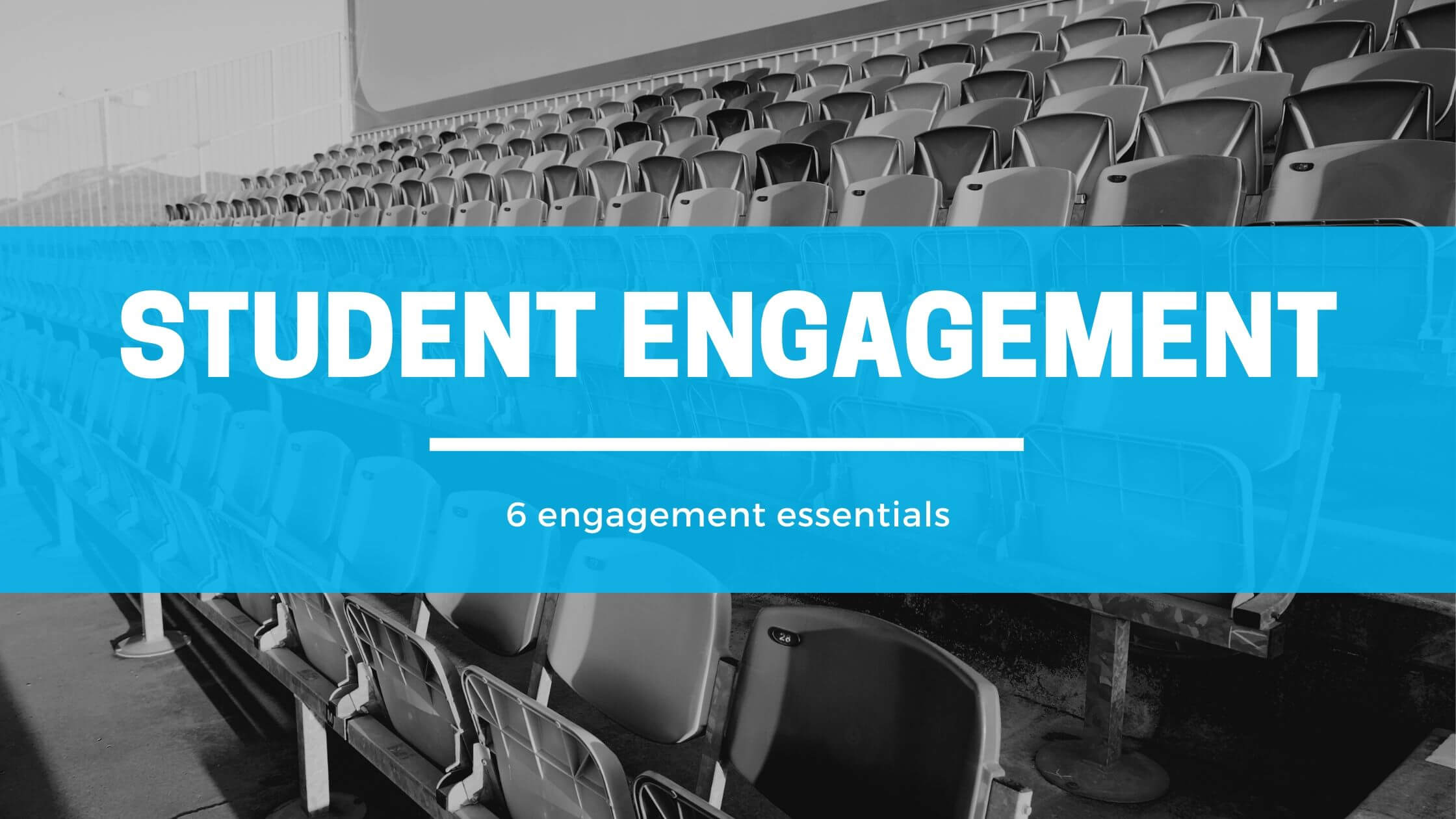
6 Careers Engagement Ideas for Career Leaders
We share 6 careers engagement ideas to help you help your students.
As the needs and interests of students change so must the careers engagement strategies we use.
Engaged students will be more curious about what you have to say and possibly be more committed to exploring careers information further.
When we focus on careers engagement, we improve student motivation and educational outcomes. Fact. But before you jump into this, f you haven’t already make sure you complete a stakeholder analysis so that you recognise who the key people are in your network. More information can be found here.
Consider the following 6 ideas to improve your careers engagement.
Share stories
Where stories are shared engagement increases.
Share stories where possible to illustrate concepts, especially when giving presentations to students.
Storytelling is the most powerful way to engage people, especially students. Perhaps draw upon examples of students who they can identify with e.g. a former students journey and talk about their journey from school to work/university.
New Technology
Engage students with new technology, including animations, 3-D representations and concept maps, all of which can help students to visualise conceptual ideas. Careers information for 16 – 18-year-olds is widely considered to be too abstract, so you need to bring it to life for them to understand it.
It is essential to recognise that technology can over-complicate things and cause a greater burden, so find a balance between offline and online.
Check with your students to ensure that they do not have issues with access.
Active Learning
Ever considered active learning?
When a student leaves a careers event or activity, you want to have made a lasting impression.
Get your students to be active in their learning. This might be more difficult if you are doing an assembly but still break convention and ask questions openly. Make your students feel like they are involved even in the most passive experiences.
The same is true with online events that you might run – ask questions. Get them to tell you about their experiences and understanding. This sharing of information and knowledge will help other students too.
Feeling supported
Recent studies suggest that students are facing increased stress and mental pressure. Pre COIVD 19 it was cited that 66% of young people feel unprepared for the world of work. I wonder what that figure looks like now?
We must do everything we can to support students throughout their educational journey. The best thing we can do in the careers engagement process is to ensure students are made aware of the breadth of support services available to them.
Take some time over the course of the next couple of months to put together a document which highlights all of the support available to them. Repurpose that content throughout the year e.g. weekly reminders of the support available to them.
This will provide them with the security that they need.
Understanding student needs
Make sure that you ask your students what they want.
This data can help shape your careers education programme as well as the delivery.
Use surveys to capture school-wide data and then create focus groups to drill down on the detail.
When you begin to deliver on what the students ask for they’ll feel part of the process and inevitably be more engaged.
A point worth considering.
Information can be overwhelming. We all know it, but think about how a student might feel when they have all of the complexities of life and decision making to go through at 16 – 18.
When I worked on the ground as a Careers Adviser, a student once said to me that they wouldn’t apply to a particular university because they spend too much money on marketing and advertising. When I asked why the student went on to explain that they felt the university must be desperate for students because the university marketing was everywhere. That might only be one student, but how many other students think like that?
I hope that has given you some insight into the things you might want to do in the next academic year.
What ideas do you have that haven’t been covered above?
Share them in an email to us and we will do a collection of suggestions in a post later this month which will be shared with the careers education community. Email us here.
